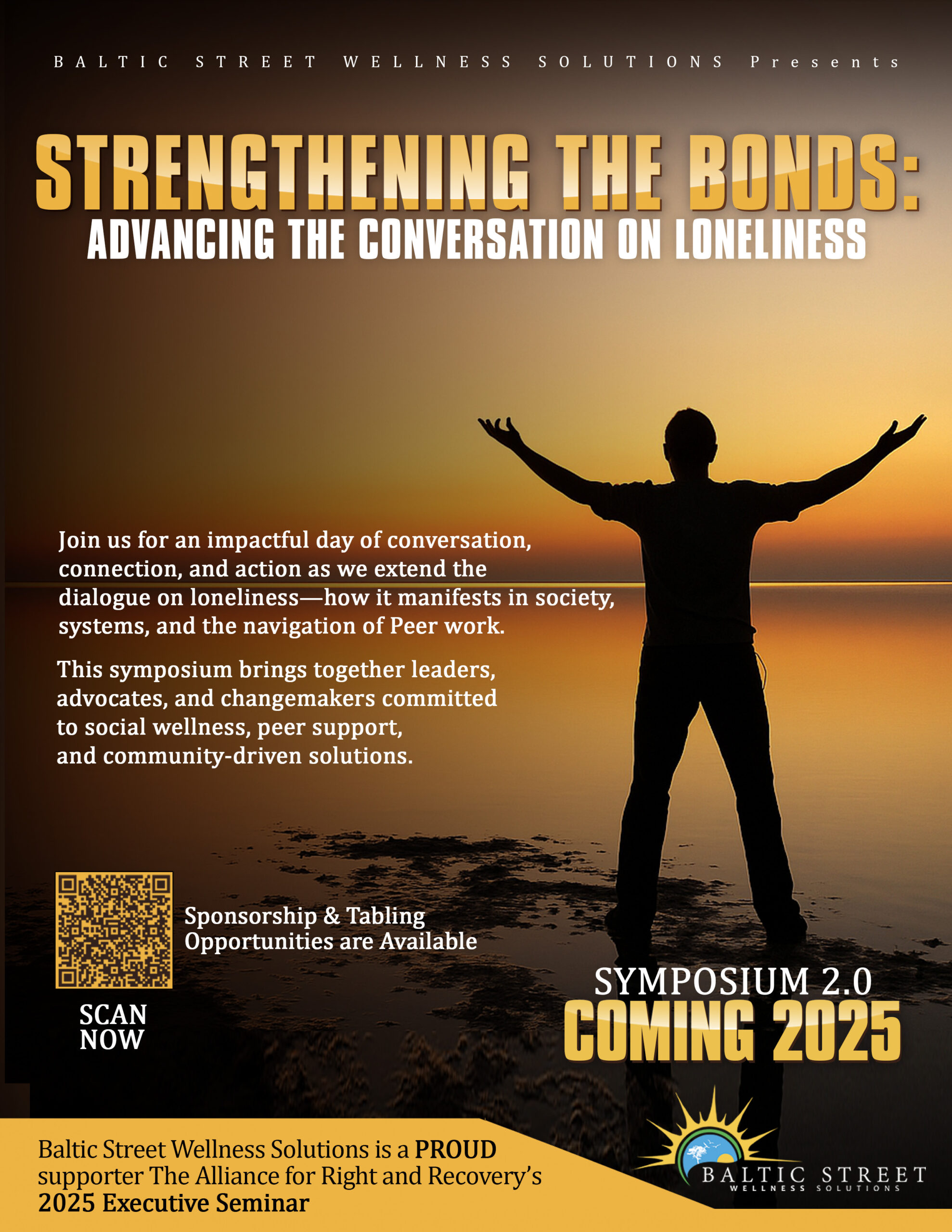Elder Mental Health in New York:
Addressing Isolation &
Promoting Well-Being
In the bustling heart of New York City, amid the towering skyscrapers and vibrant streets, a community is often overlooked yet vital – our elderly population. In a city that never sleeps, it’s easy for our seniors to be left behind, struggling with the weight of isolation and mental health challenges. This blog is dedicated to spotlighting elder mental health in New York and the profound importance of addressing isolation and promoting well-being.
The Hidden Crisis: Elder Isolation
Elderly individuals in the city face a unique set of challenges that can lead to feelings of isolation. The fast-paced lifestyle often leaves them feeling marginalized and forgotten. Many seniors experience social isolation, exacerbated by physical limitations or the loss of close friends and family members.
The Pandemic’s Impact: A Wake-up Call
The COVID-19 pandemic served as a stark wake-up call to the fragile state of elder mental health. Lockdowns and social distancing measures confined many seniors to their homes, exacerbating feelings of isolation and loneliness. It highlighted the urgent need for more robust support systems.
The Toll on Mental Health:
Isolation can take a devastating toll on the mental health of our elderly population. Loneliness and depression can become constant companions, impacting overall well-being. Addressing these mental health challenges is not just a necessity; it’s a moral imperative.
Promoting Elder Well-being: A Collective Responsibility
In the vast tapestry of New York, we are all interconnected. The well-being of our elderly population is not just their responsibility; it’s a collective duty that we must all share. Here are some ways in which we can address isolation and promote mental health among older people in New York:
1. Volunteer and Visit: Offering time to visit or assist seniors in your community can make a profound difference. A simple conversation or helping hand can brighten their day and reduce feelings of isolation.
2. Senior Centers: Encourage participation in local senior centers, which offer social activities, support groups, and opportunities to build connections.
3. Technology: Teaching seniors to use technology to stay connected with loved ones can be a game-changer, especially during challenging times.
4. Support Services: Encourage seniors to seek professional help with loneliness, anxiety, or depression. Mental health services and counselors can provide essential support.
5. Inter-generational Programs: These programs connect seniors with children or young adults, fostering a sense of purpose and providing emotional support.
Elder mental health is not just a personal issue; it’s a societal concern. In the vibrant mosaic of New York, let’s ensure our seniors are not left in the shadows, struggling with isolation and mental health challenges. By coming together, offering our support, and creating a more inclusive and compassionate community, we can promote the well-being of our elderly population. Let’s stand together to ensure that every elder in New York City knows they are valued, cherished, and never alone in their journey.
Advocate For Change
We’re not merely an organization;
we stand as a beacon of hope in
the mental health landscape. At Baltic
Street, our unrelenting belief is that
life exists beyond the darkness, and
we’re dedicated to empowering individuals
with lived mental health experiences
to illuminate their own paths to recovery.



